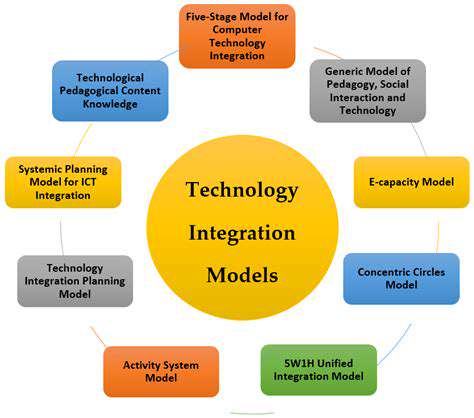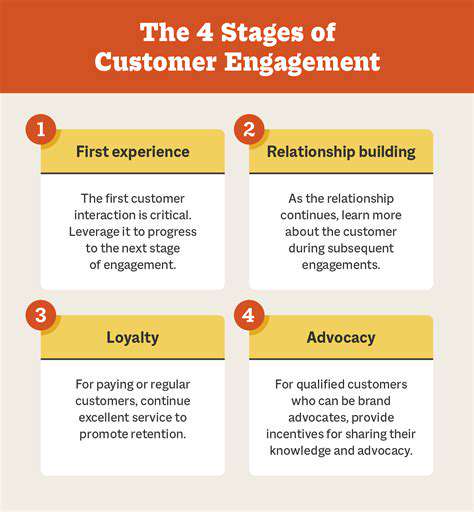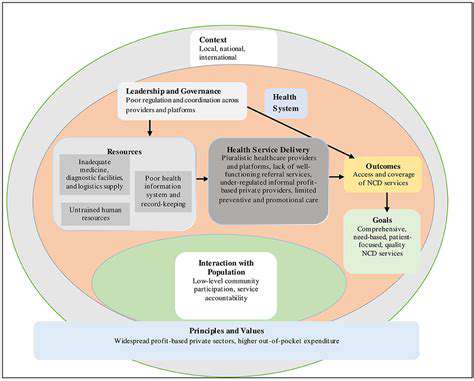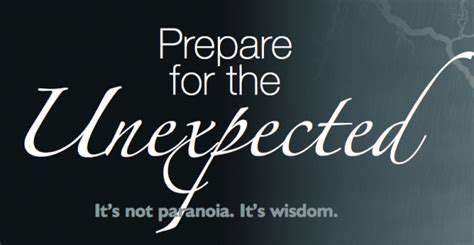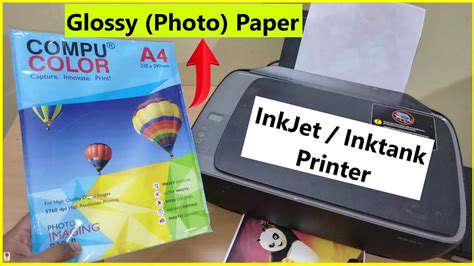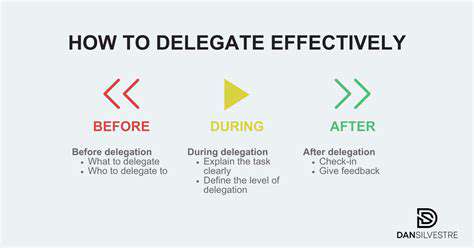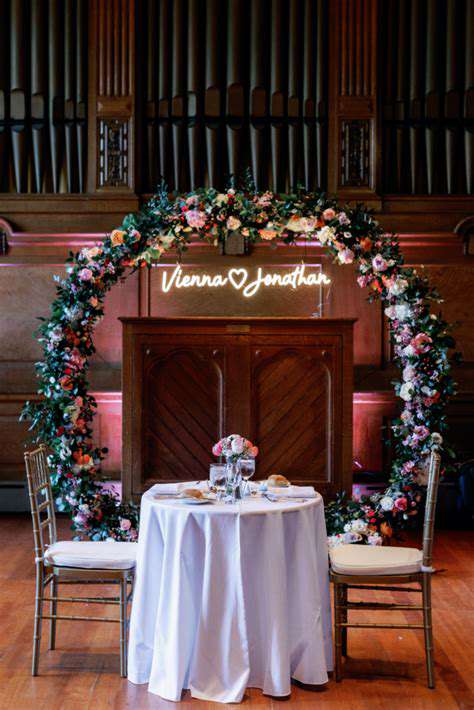Detailed Wedding Planning Timeline for Seamless Events
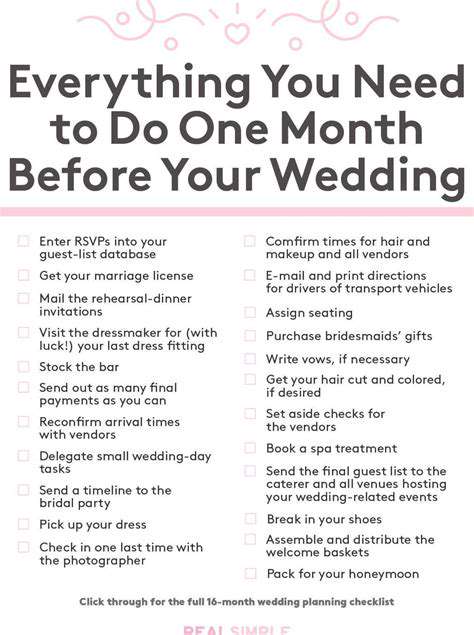
Laying the Groundwork
The first 12 to 18 months set the tone for everything that follows. This is when couples should dive deep into venue research, vendor comparisons, and creating meaningful connections with key suppliers. Every decision made during this window will echo throughout the entire wedding journey. Couples often underestimate how quickly popular venues and vendors book up, making early action critical.
During these initial months, attention to detail separates stressful weddings from seamless ones. We recommend creating multiple checklists - one for big picture items like venue selection, and another for finer details like color schemes. This dual approach ensures nothing slips through the cracks while keeping the overall vision intact.
Defining the Vision
Articulating a clear wedding vision might sound simple, but it's often where couples stumble. A well-defined vision acts like a compass, guiding every subsequent decision from floral arrangements to menu selections. We suggest creating a physical or digital inspiration board - when you can point to concrete examples of what you love, it becomes infinitely easier to communicate your desires to vendors.
Consider hosting a vision-casting session with your partner. Set aside an evening to discuss must-haves, nice-to-haves, and absolute no-gos. This exercise frequently reveals surprising insights that prevent misunderstandings later.
Budget Realities
Money conversations might not be romantic, but they're essential. Creating a realistic budget early prevents heartbreak when you discover your dream venue costs triple what you allocated. We recommend dividing your budget into percentages (e.g., 40% venue, 20% catering) rather than fixed dollar amounts initially, as this provides flexibility during the research phase.
Building Your Dream Team
Your vendors will make or break your wedding experience. Choosing professionals who understand your vision and communicate effectively matters more than finding the cheapest options. When interviewing potential vendors, pay attention to how they respond to your questions - their communication style during the planning process will likely reflect their wedding day performance.
Understanding Guest Dynamics
The guest list impacts nearly every aspect of your wedding. Venue capacity, catering costs, and even the overall atmosphere hinge on who you invite. Early discussions about family expectations versus personal preferences can prevent difficult conversations later. Remember - it's your day, but certain family dynamics might require delicate handling.
Create a tiered guest list system: immediate must-invites, secondary invites if budget allows, and courtesy invites you can live without. This approach provides flexibility as you finalize numbers with your venue.
Crafting the Master Plan
A comprehensive wedding timeline isn't just about the big day - it should map out the entire planning process. Break down tasks by month, then by week as the date approaches. Include deadlines for deposits, dress fittings, and other time-sensitive items. Share this document with anyone helping with planning to ensure everyone stays aligned.
Communication Systems
Establish clear communication protocols from the start. Decide whether you'll use a shared email account, project management app, or old-fashioned binder to track details. Consistent documentation prevents important information from getting lost in text threads or forgotten conversations. Regular check-ins with your partner about planning progress help maintain alignment and prevent last-minute surprises.
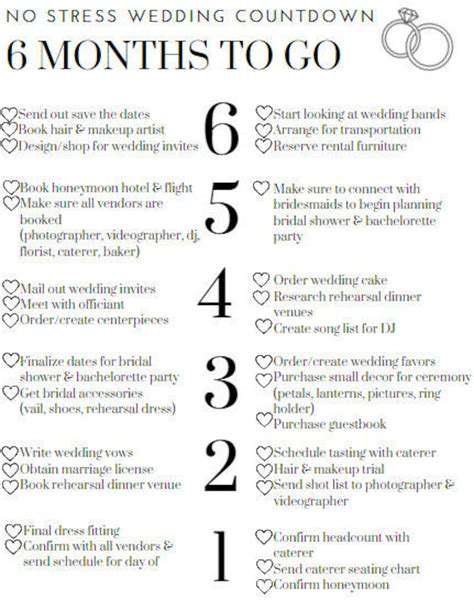
Phase 4: The Pre-Wedding Blitz – 1-2 Months Before the Wedding
Perfecting the Details: Stationery and Tokens
In the final stretch, your wedding stationery and guest favors deserve special attention. Double-check every printed item for typos - it's shocking how often names get misspelled at this stage. For favors, consider practicality alongside sentimentality; guests appreciate items they'll actually use rather than decorative pieces destined for junk drawers.
This is also when final RSVPs come in. Create a system for tracking responses (color-coded spreadsheets work wonders) and don't hesitate to follow up with non-responders. Knowing exact numbers now prevents catering headaches later.
Financial Final Review
Conduct a line-by-line budget review. Unexpected costs often emerge in these final weeks - perhaps your dress needs last-minute alterations or you decide to add that photo booth after all. Identifying these expenses now prevents post-wedding financial surprises. Pay special attention to vendor contracts to ensure you understand final payment deadlines and any overtime fees.
Vendor Confirmations
Touch base with every vendor to confirm arrival times, setup requirements, and any outstanding balances. Create a master vendor contact sheet to share with your wedding party coordinator. Include cell numbers, email addresses, and specific instructions for each professional. This document becomes invaluable if any last-minute issues arise.
Guest Experience Finalization
Finalize transportation plans, hotel room blocks, and welcome bags if you're providing them. Consider creating a wedding website or app with day-of details to help guests navigate the event smoothly. Small touches like Uber codes or local attraction suggestions show thoughtfulness that guests remember.
Ceremony Rehearsal
The rehearsal isn't just about practicing the processional - it's your chance to work out timing, microphone placement, and any special ceremony elements. Record the rehearsal on someone's phone; watching it back often reveals small adjustments that can make the actual ceremony flow better. Distribute printed timelines to all participants so everyone knows where they need to be and when.
Emergency Preparedness
Assemble emergency kits for various scenarios - a bridal suite kit with sewing supplies and stain remover, a groom's kit with extra cufflinks, and a general kit with first aid supplies and common medications. Designate someone reliable to manage these kits on the wedding day. Also prepare a bad weather backup plan, even if the forecast looks perfect.
Mindful Countdown
In the final days, consciously carve out quiet moments with your partner. The planning frenzy can make it easy to lose sight of why you're doing all this. Consider writing each other letters to read before the ceremony, or schedule a private dinner the night before. These intentional pauses create emotional anchors amidst the chaos.
Phase 5: The Big Day – The Wedding Weekend
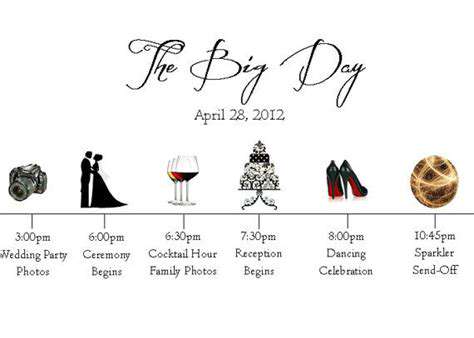
Morning Preparations
Wedding mornings pass in a blur of hair appointments, photographer arrivals, and last-minute details. The key to enjoying this time lies in preparation and delegation. Pack an getting ready playlist to set the mood, prepare tip envelopes in advance, and assign specific helpers to manage the timeline so you can stay present. Unexpected moments will occur - a missing boutonniere or delayed bridesmaid - but with good support, these become funny stories rather than crises.
The Ceremony Moment
When the processional music begins, everything else fades away. This sacred exchange of vows represents far more than a legal union - it's the physical manifestation of years of love and commitment. Many couples report the ceremony passing in an emotional haze, which is why we recommend designating someone to record it (even just on a phone) from the audience perspective. The raw, unedited version often captures moments the professional video might miss.
Reception Revelry
The reception should reflect your personalities as a couple. Whether that means a black-tie dinner or a backyard barbecue, prioritize elements that will make guests feel welcomed and celebrated. Thoughtful touches like a signature cocktail named after your pet or table assignments based on how people know you spark conversations and create connections. Don't stress about greeting every single guest - they'll understand you're pulled in multiple directions.
The Sweet Aftermath
As the last dance ends and the goodbyes are said, allow yourself to soak in the reality of being married. The wedding day itself is just the first page of your new chapter. Many couples find the days following the wedding surprisingly emotional - after months of anticipation, there's a natural comedown. Plan something special for the day after, whether it's brunch with close family or a quiet morning in bed with room service. These first married moments often become some of your most cherished memories.
Read more about Detailed Wedding Planning Timeline for Seamless Events
Hot Recommendations
- Step by Step Guide to Creating a Memorable Wedding Experience
- Expert Advice on Planning a Wedding with Family Traditions
- How to Organize a Destination Wedding That Reflects Your Style
- How to Choose the Perfect Wedding Venue for Your Style
- Expert Tips for Choosing Wedding Decor That Elevates Your Event
- How to Plan a Timeless Wedding with Modern Flair
- How to Create a Detailed Wedding Plan That Covers Every Detail
- How to Choose the Right Wedding Music for Every Moment
- Step by Step Guide to Crafting Personalized Wedding Themes
- How to Plan a Sustainable Wedding with Eco Friendly Ideas
